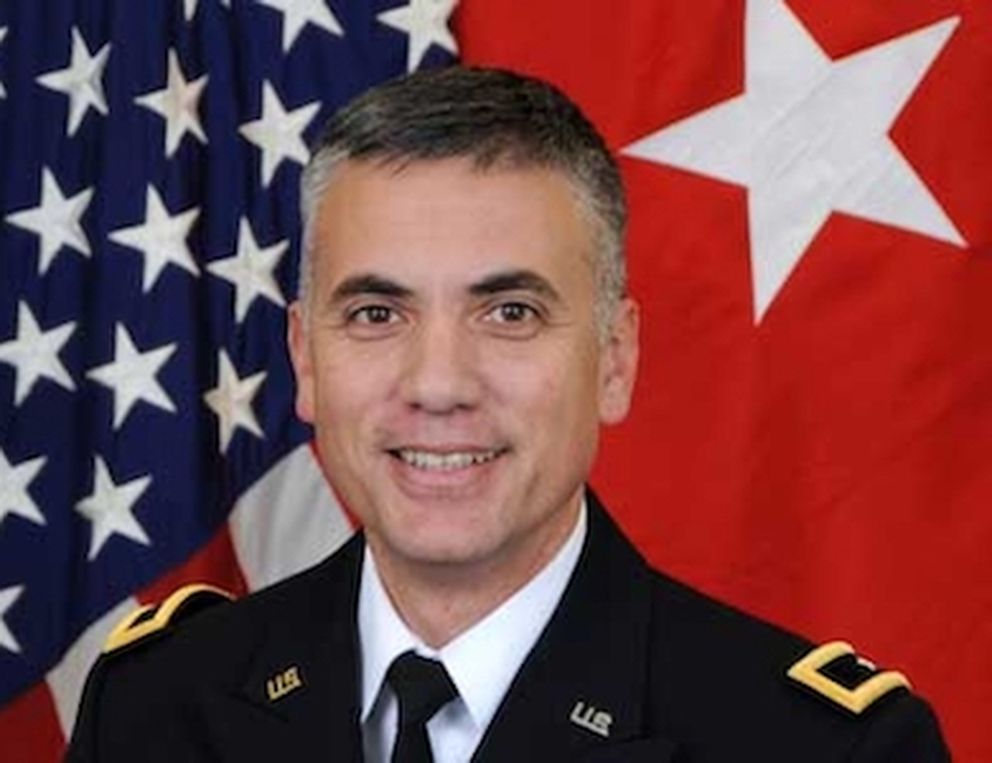Election security is the U.S. Cyber Command’s “top priority,” General Paul Nakasone recently told a House Armed Services sub-committee.
It’s a position he’s taken repeatedly in the past year, emphasizing how seriously the cyber-centric command considers the threat to the nation’s election systems. The Cyber wing, one of 11 commands of the Department of Defense, oversees U.S. cyberspace operations and expertise. Nakasone told the panel that its capabilities to defend the nation’s voting infrastructure have improved markedly since the 2016 presidential election, The Hill reported.
Should foreign actors try to interfere in this November’s elections, federal defenders believe they are far better prepared than they were four years ago, Nakasone said. “We are 244 days from the 2020 presidential election,” he said earlier this month. “My top priority is a safe and secure election that is free from foreign influence...Malicious actors are trying to test our defenses and our resolve. We are ready for them and any others who try to interfere in our democratic processes.” (via The Hill)

Some of that readiness appears to have taken shape in the 2018 mid-term election and the recent Super Tuesday primaries, both of which the Cyber Command monitored for hacking activity. So impressed was Nakasone with how Cyber Command performed in communicating threat risks during the March primaries that it made the 2018 election protection “look like a pickup game to me as opposed to what I saw yesterday.” He was backed by the Cybersecurity and Infrastructure Security Agency (CISA), which reportedly said that no “malicious cyber activity” on Super Tuesday was observed during the course of primary voting in 14 states.
Members of the bipartisan House Armed Services Subcommittee on Intelligence and Emerging Threats and Capabilities praised Nakasone for his agency’s focus on election security, The Hill reported. Rep. Elise Stefanik (R-NY) told Nakasone that the nation’s cyber security defenders have to match the sophistication of its hacking adversaries. “We must acknowledge the creativity of our adversaries,” Stefanik said, according to The Hill.
Nakasone’s has steadily adopted a more aggressive stance in cybersecurity warfare. Last July, the National Security Agency (NSA) under his direction said it will create a special sub-agency to adopt a more aggressive stance in cybersecurity warfare. Earlier that month, the nation’s top cops told Congress that U.S. adversaries are cooking up “active threats” to muck up the 2020 elections. At that time, security officials said a “whole-of-government approach” was needed to secure the 2020 elections.




